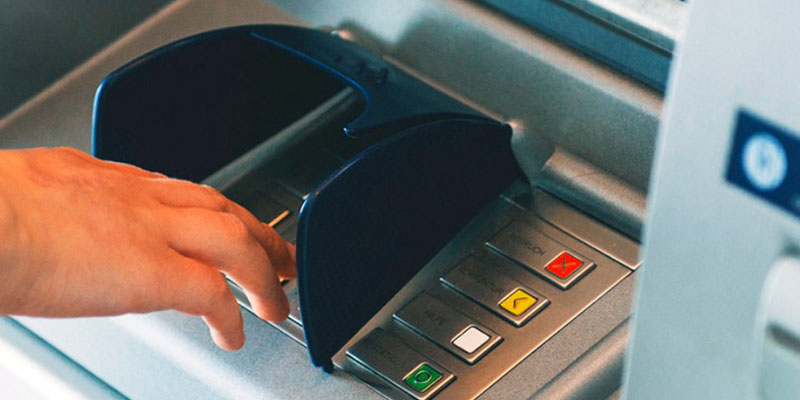It's possible to save more for retirement with a Roth IRA because contributions are made with after-tax dollars. When you reach retirement age, you can use these savings without incurring any more taxes because you will have already paid taxes on them. When it comes to your own Roth IRA, you're not obligated to take withdrawals at a certain age as you would be with conventional retirement plans. However, beneficiaries who receive these accounts must take distributions. As a result, you can enjoy tax-free capital gains for as long as you choose. An account of this sort can be an excellent means of putting money aside for later use. Let's take a look at some of the typical blunders made with Roth IRAs to be sure you're making the most of yours. By avoiding these blunders, you will be able to save more of your hard-earned cash.
Why Open a Roth IRA Account?
One of the best things about a Roth IRA is how much money you can save compared to traditional IRAs. Due to your previous tax payments, any withdrawals made upon retirement will not be subject to further taxes. It also lowers the amount of taxes you owe. In addition, a Roth IRA allows you to designate a beneficiary. If you choose a beneficiary on your bank account, that individual will automatically get the funds in the account after your death. Your contributions constitute a tax-free inheritance if the account owner has had the funds for a minimum of five years. However, they will be required to pay taxes on any profits they remove if the Roth IRA was younger than five years old at the point of the original owner's passing.
Due to these and other benefits, a Roth IRA is a smart option for many people. Say you're in your twenties and starting out in your chosen field. You are well aware of the necessity of putting money away for retirement, but your financial situation is not very favorable. You have the ability to contribute a small amount to your Roth IRA on a regular basis. It is prudent to make a contribution using after-tax income now that your tax rate is lower. Because of this, you can avoid paying taxes on your retirement fund withdrawals until you reach a higher tax bracket in retirement.
Common Roth IRA Errors to Avoid
Contributing Without Qualification

The government encourages saving but is wary of people amassing large savings accounts. Therefore, it is possible to have too much income to make a Roth IRA contribution. To see if you qualify, we look at your MAGI (adjusted gross income). Furthermore, the IRS routinely revises the earnings thresholds for Roth IRA contributions. It is possible to make a mistake with a Roth IRA. Making donations when you're not eligible is referred to as making an excess contribution. The IRS will assess a tax penalty on the overpayment for every year it remains in your account.
Not Contributing To Your Spouse's Roth IRA
In general, the more money you make in a given year, the less of that year's earnings you can put into a Roth IRA. That person you call "husband"! With the Spousal Roth IRA, your partner can open their own Roth IRA account even if they do not work and make any money. You need to be married and filing jointly for this to function.
A Large Roth Conversion
Making future earnings tax-free and avoiding RMDs is much easier with a Roth conversion. Essentially, you can convert the money already in your standard IRA or 401(k) to a Roth IRA or Roth 401(k). If you change or transfer money between accounts, that sum will be subject to taxation at your normal rate. If you're near to the next income category and switch funds to a Roth, you may be taxed at a greater rate. It causes you to enter the next salary tier. These changes are permanent and cannot be undone. Therefore, it is possible to overpay taxes if you do not consult both a financial advisor and a tax expert.
Inadequate Investment
Investors often make the mistake of treating their Roth IRA as if it were security when, in fact, it is just a savings vehicle. Just because you put money into a Roth IRA doesn't guarantee the money will be invested immediately. Opening an account isn't enough. You'll need to monitor your investments and make trades within the account itself. If you donate to a Roth IRA without investing, it might be cash.
Failing To Specify Heirs

Your heirs will receive your Roth IRA funds after your death. However, if you do not designate a surviving beneficiary, the funds will be distributed according to your will. When it reaches that point, your Roth IRA must undergo the process of probate in order for your heirs to be able to access it. Your Roth IRA will be included in the total value of your estate when probate is initiated. When you pass away, your assets go to pay off your debts first, then to your heirs. This could result in your heirs receiving a smaller sum than you had hoped. To avoid this issue, it is important to double-check that your beneficiaries are listed correctly on all of your accounts on a frequent basis.
Conclusion
Although Roth IRAs offer attractive advantages, understanding them can be challenging. Many people err while dealing with their Roth IRAs. Avoid making these blunders by paying close attention to all of the laws and regulations.











